Graduate Certificate in Pain Management
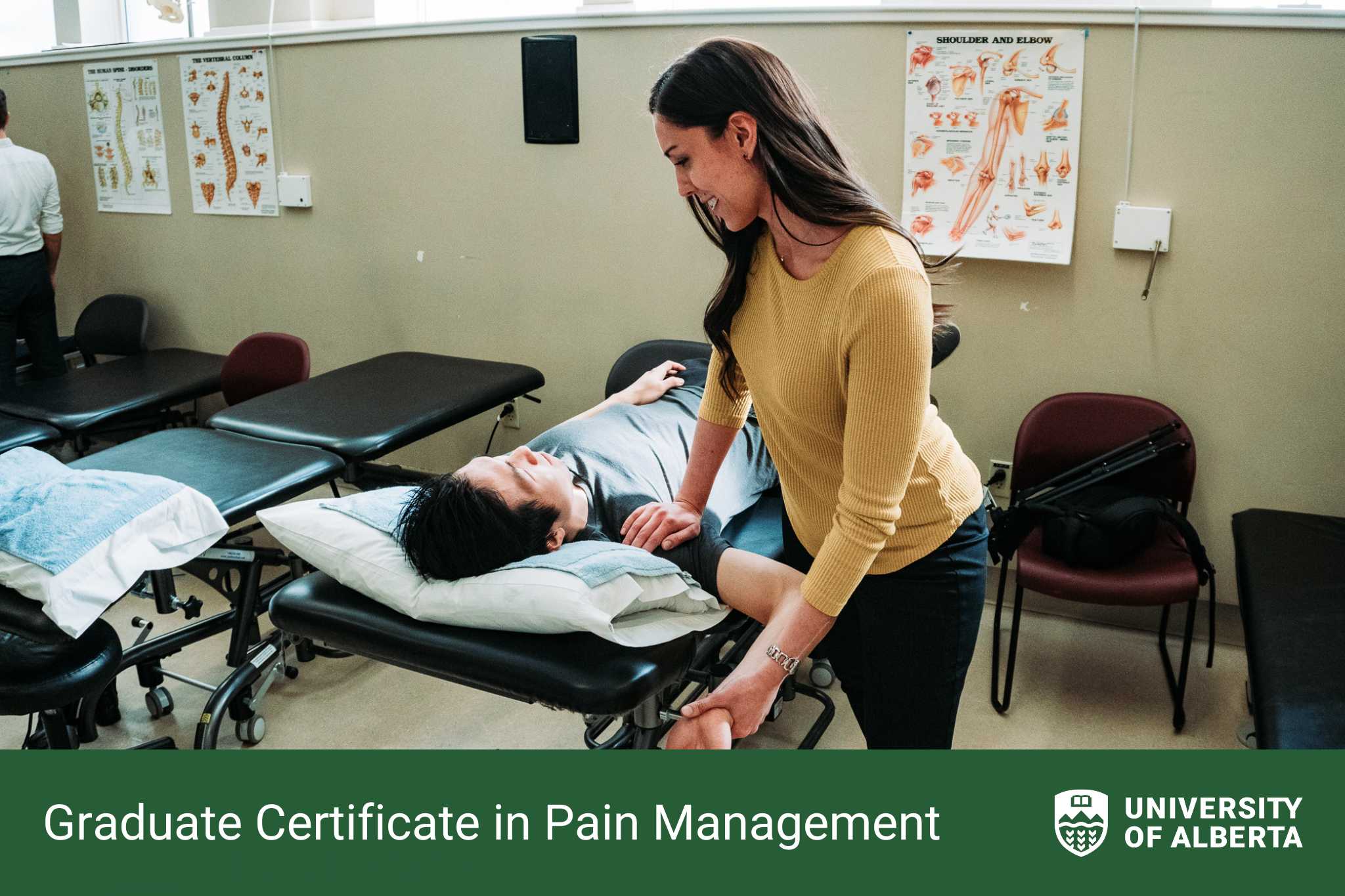
Now accepting applications for FALL 2025
The number of individuals suffering chronic pain is projected to increase dramatically over the coming decades. This makes it imperative that professionals be educated in effective, evidence-based assessment and treatment of pain conditions.
This fully distance-based program aims to provide advanced education in collaborative pain management for healthcare professionals. This Certificate provides an opportunity for practicing clinicians to learn about each other to address the multi-dimensional nature of acute and chronic pain, emphasizing complex/chronic pain.
Course contributors include leaders in research, management, and education from across Canada and beyond.
Join our email list to receive new course and deadline updates! 📧
Formal studies/university degree courses are eligible for certified Self Learning credits through the College of Family Physicians of Canada (CFPC). Members may self-claim these credits in their Mainpro+ account. These activities are eligible for up to 20 certified Self-Learning credits per course.

Pain certificate courses can be used towards credentialing through the Canadian Academy of Pain Management (CAPM). The pain certificate courses take the place of a CAPM course and exam and partially meet the qualification required for CAPM credentialing. Please note that there are additional requirements for clinicians who seek credentialing through CAPM.

The Pain Certificate program has received the British Journal of Sports Medicine's (BJSM) stamp of approval for Quality International Education.

The Pain Certificate courses are each pre-approved for 33 CEUs with the Vocational Rehabilitation Association (VRA) Canada.
Applying to the Program
The online application will ask for references, supervisors, CV etc. HOWEVER, certificate program applicants DO NOT NEED TO provide this information for graduate certificate applications. Please follow the instructions outlined in the document below which provides step-by-step instructions on how to complete the application.
Graduate Certificate Application Instructional PDF
Lead Instructors
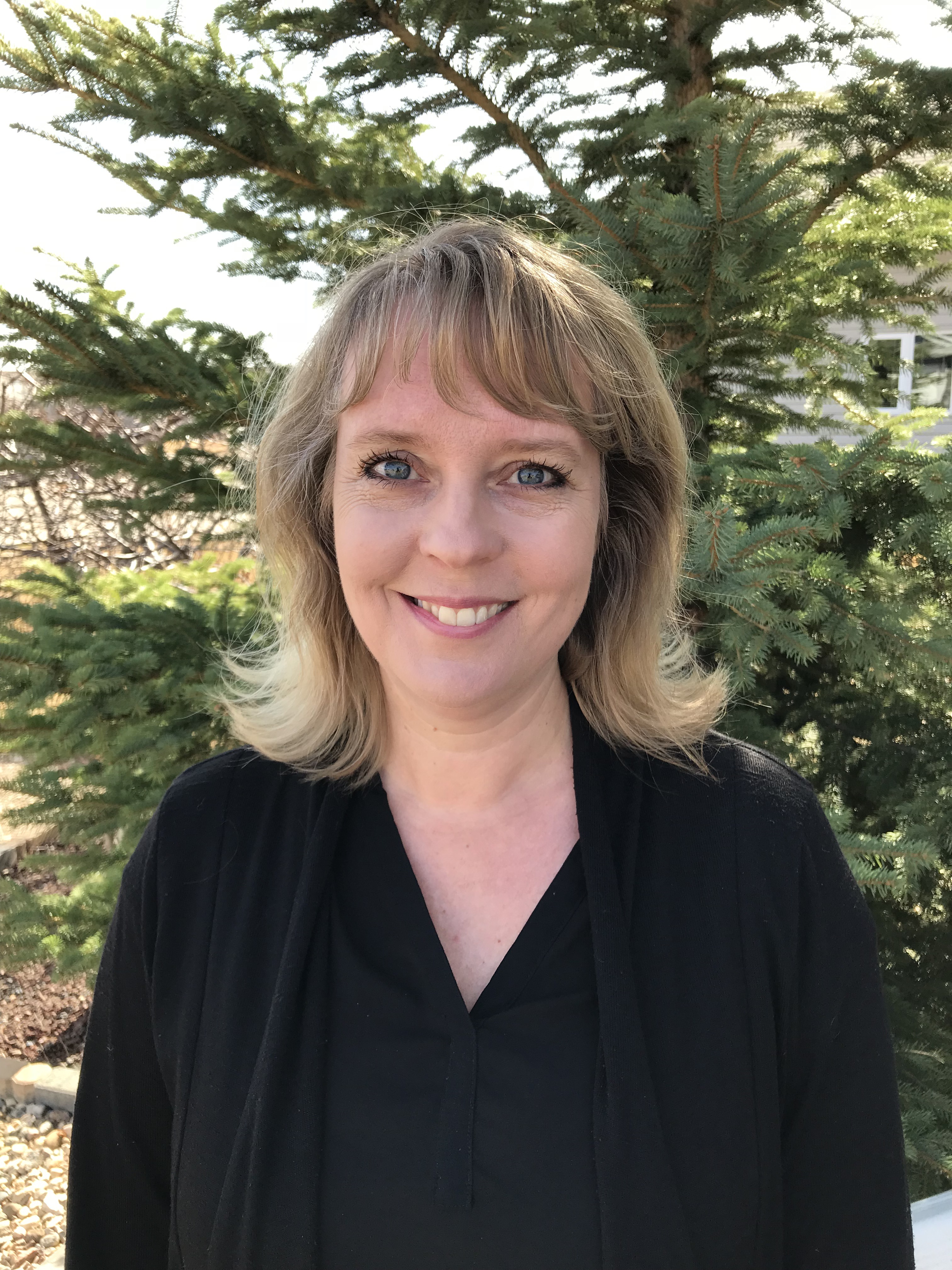
Lisa Jasper is the current program lead for the University of Alberta Certificate in Pain Management. She is an adjunct professor in the University of Alberta Faculty of Rehabilitation Medicine where she coordinates the pain certificate and teaches in the graduate programs. She holds degrees in BSc (chem), BSc Med Rehab (physiotherapy), MSc (chronic pain), and PhD in Rehabilitation Science, with research in chronic pain, physical activity in older adults, and hip/knee osteoarthritis. Other research interests include pain education, rheumatoid arthritis, and whiplash associated disorders. She has worked clinically in both rural multidisciplinary clinics and chronic pain clinics. She is a member of the Pain Society of Alberta, Canadian Pain Society, Canadian Physiotherapy Association (including Pain Science Division), and International Association for the Study of Pain (IASP). She brings extensive expertise in online and hybrid learning to the certificate program, coupled with a strong dedication to share current, evidence-based information on pain and its management to both healthcare providers and people living with pain.
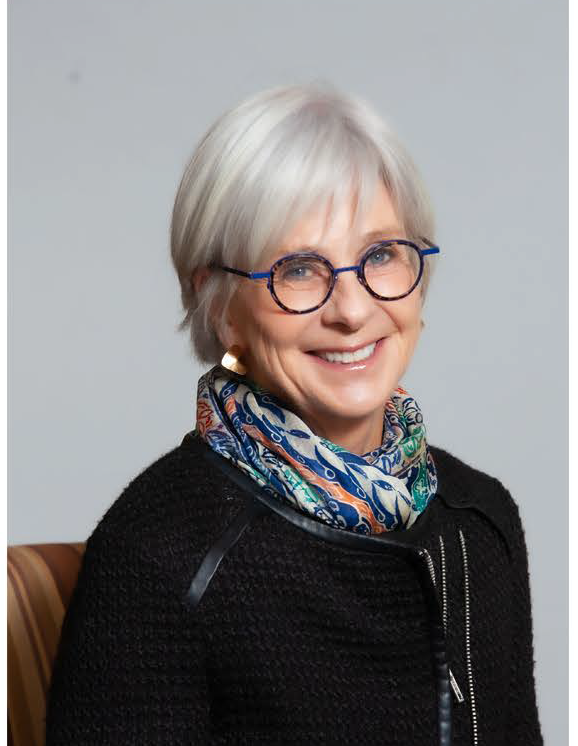
Judi, a faculty member from the Universities of Toronto (retired) and Alberta, holds degrees in BSc(PT), MSc (Anatomy), and PhD (Pain Neuroscience) from the University of Toronto. Her research focused on three main areas: 1) somatosensory function in neuropathic pain, 2) interprofessional pain education, and 3) student research mentorship for projects on exercise programs in chronic pain clinics. Judi was honored with the Excellence in Interprofessional Education Award from the Canadian Pain Society (CPS) for her dedication to developing and evaluating effective interprofessional pain education initiatives, spanning from entry-level to graduate and continuing education. As chair of the Interfaculty Pain Curriculum at U. Toronto for eight years, Judi played a key role in establishing the program's international recognition, earning the University of Toronto Northrop Frye Award of Excellence for Linking Research to Education. Additionally, she served as the inaugural curriculum director for the U Alberta Certificate Programme in Pain Management, nurturing and advancing the program over its first 12 years.
Contributing Instructors
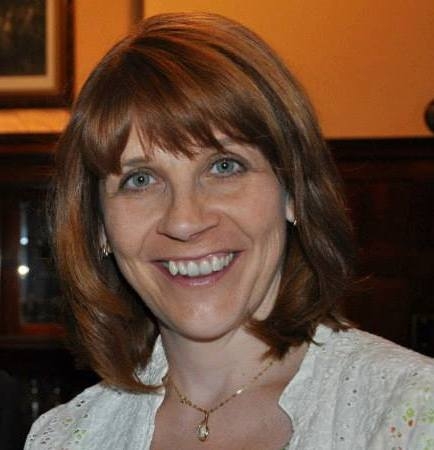

Guest Presenters





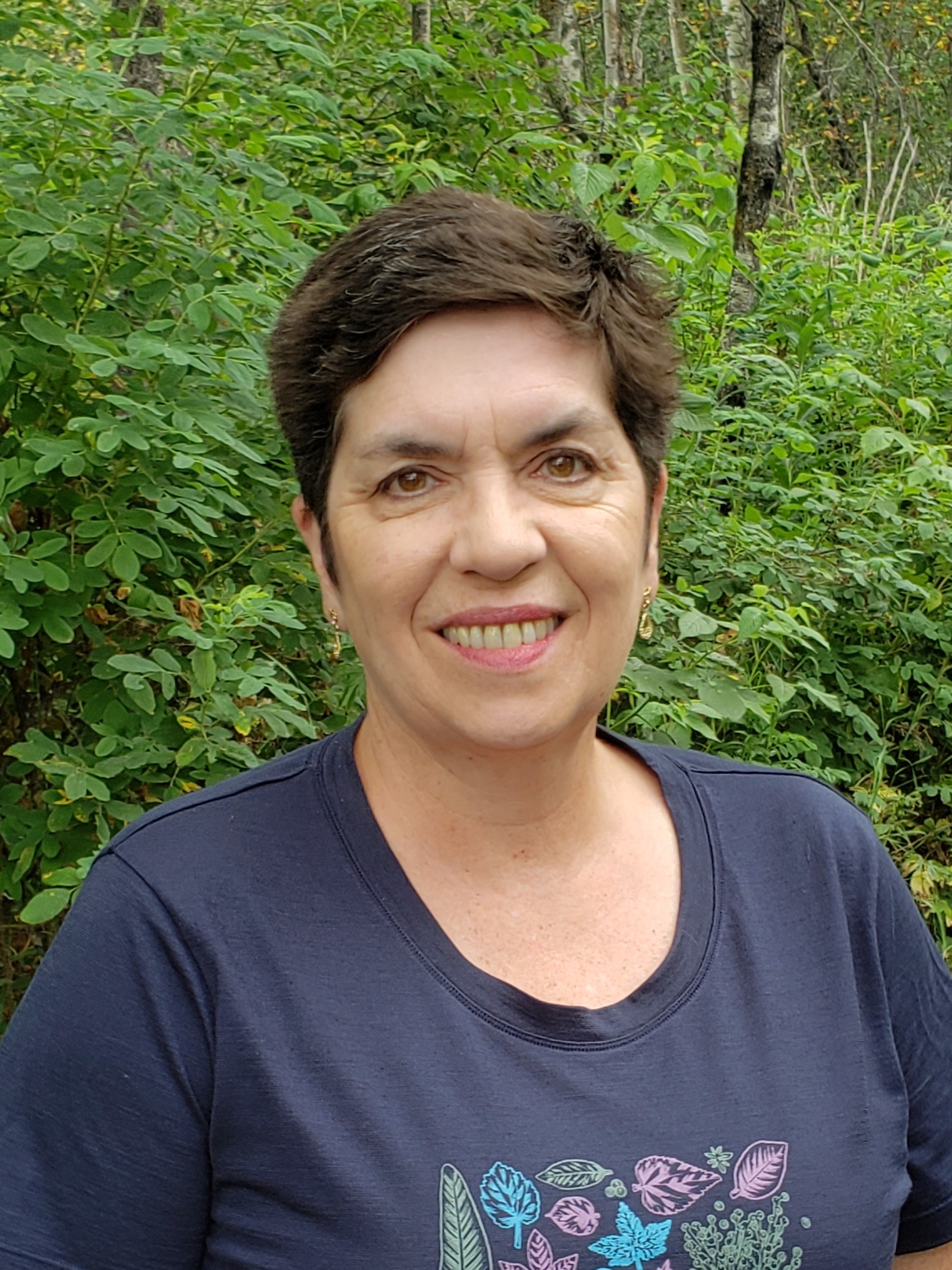






- Physical Therapists
- Nurses
- Psychologists
- Social workers
- Physicians (MAINPro C and M1 credit available)
- Pharmacists
- Occupational therapists
- Others in related fields
Upon completion of the three certificate courses students will be able to:
- Understand the importance of an interdisciplinary approach in managing pain through an understanding of the unique and shared roles and responsibilities of various professionals on an interdisciplinary team in the assessment and management of pain conditions.
- Use critical thinking and evidence-based approaches to develop assessment and treatment plans across the pain continuum, with an emphasis on complex/chronic pain.
- Use a bio-psycho-social clinical reasoning framework which integrates information across models in the assessment and treatment of pain.
*Registrants completing all three courses in this certificate may use the letters GCPain (graduate certificate in pain) to designate successful program completion.
Certificate program courses are offered regularly and students can complete all courses within approximately 18 -24 months.
Certificates must be completed within 4 years of initial registration.
Time is devoted one week before the start of the first course in the series for students to familiarize themselves with the eClass system (online learning platform) and to complete any online pre-course materials.
Contact paincertificate@ualberta.ca to obtain information on upcoming course offerings.
Tuition fees are
- $1450 CND (domestic applicants) per course (there are a total of 3 courses in the program)
- $1950 CND per course (there are 3 courses) for international applicants who are participating from their home country.
Tuition payment can be used as a tax write-off as an educational expense. Term UofA non-instructional fees equal approx $200. The graduate application fee is approx $135 and is non-refundable.
- Graduate course credit can be used towards a program of study as elective credit with the approval of the home institution.
- Funding may be available through your professional college/association, the provincial government, or your employer.
Completion of the online graduate application APPLY HERE
Uploaded transcripts can be:
- An official transcript issued to you by the post-secondary institution
- A transcript/student record obtained from a self-serve web system of the post-secondary institution, with the system's URL and print date included
- Note: An official transcript may still be requested
Please visit GPS transcript submission policy for specific transcript submission requirements.
Any questions regarding application procedures can be directed to program student advisor Sheila Gu xiangyun@ualberta.ca
A Certificate will be granted by the University of Alberta's Faculty of Graduate Studies and Research upon successful completion of three required graduate-level credit courses, as listed below.
REHAB 535: The Multidimensional Nature of Pain (*3)
Pain is a major factor impacting quality of life and will continue to become more so as the average lifespan increases. Understanding the multi-dimensional nature of pain and its broad impact is critical to applying best practice in its assessment and treatment. The neural pathways/mechanisms subserving normal and pathological pain will be studied in depth as well as a critical view of translating these findings to clinical practice. A range of theoretical perspectives underlying the individual's experience of pain across the continuum from acute to complex/chronic will be presented. The role of interprofessional collaboration for comprehensive pain management will be introduced. (This course is a pre-requisite for REHAB 536 and REHAB 537.)
REHAB 536: Assessment and Management of Pain (*3)
Knowledge Translation: Integrating evidence into practice. Building on foundations developed in Rehab 535, this course will present models of and approaches to assessment of and treatment for common pain conditions, across the lifespan, with an emphasis on complex/chronic pain. This course will explore the etiologies of various pain conditions, the prevalence of pain, as well as ethical issues, barriers, and facilitators to comprehensive assessment and treatment. Rationale for pharmacological and non-pharmacological interventions will be reviewed. Participants will discuss best practice roles and evidence based roles and interventions for each of the health professionals involved in the collaborative interprofessional management of chronic pain.
Pre-requisite: REHAB 535.
REHAB 537: Integrating and Implementing Pain Management Models (*3)
This course will provide an opportunity for students to integrate and apply information presented in REHAB 535 and 536 using standardized assignments with real and/or simulated patients as a base from which to develop an evidence-based, collaborative, interprofessional, assessment and treatment of chronic pain and disability.
Pre-requisite: REHAB 535, REHAB 536.
Alberta Student Aid: Grant - repayment is NOT required
Alberta Part-Time Grant: The Alberta Part-Time Grant is available to Alberta residents taking post-secondary education on a part-time basis.
Value: up to $900 per semester
The maximum grant funding available for one calendar year is $1,800.00.
For more details on this course, contact:
Email: paincertificate@ualberta.ca
Phone: 780-492-1587